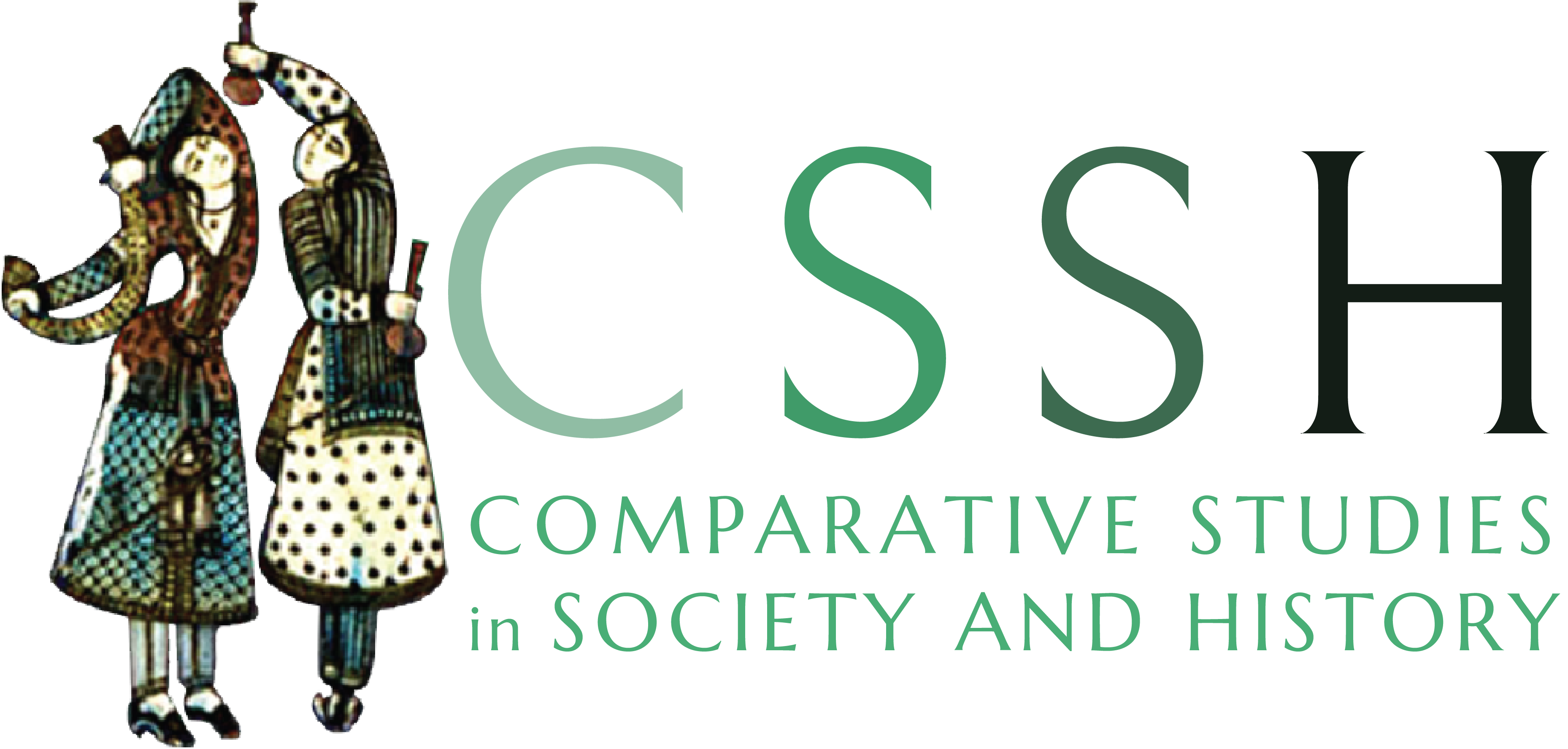Congratulations are in order for CSSH author Sarah E. Wagner (“A Curious Trade: The Recovery and Repatriation of U.S. Missing In Action from the Vietnam War” (CSSH 57-1, 2015), whose recent publication, What Remains: Bringing America’s Missing Home from the Vietnam War (Harvard University Press, 2019), has just been awarded 2020 Victor Turner Prize in Ethnographic Writing! The Victor Turner Prize recognizes quality of writing, depth of engagement with the material, and contribution to the field of humanistic anthropology and ethnographic genres. Harvard University Press writes of the book:
For many families the Vietnam War remains unsettled. Nearly 1,600 Americans—and more than 300,000 Vietnamese—involved in the conflict are still unaccounted for. In What Remains, Sarah E. Wagner tells the stories of America’s missing service members and the families and communities that continue to search for them. From the scientists who work to identify the dead using bits of bone unearthed in Vietnamese jungles to the relatives who press government officials to find the remains of their loved ones, Wagner introduces us to the men and women who seek to bring the missing back home. Through their experiences she examines the ongoing toll of America’s most fraught war.
Every generation has known the uncertainties of war. Collective memorials, such as the Tomb of the Unknowns in Arlington National Cemetery, testify to the many service members who never return, their fates still unresolved. But advances in forensic science have provided new and powerful tools to identify the remains of the missing, often from the merest trace—a tooth or other fragment. These new techniques have enabled military experts to recover, repatriate, identify, and return the remains of lost service members. So promising are these scientific developments that they have raised the expectations of military families hoping to locate their missing. As Wagner shows, the possibility of such homecomings compels Americans to wrestle anew with their memories, as with the weight of their loved ones’ sacrifices, and to reevaluate what it means to wage war and die on behalf of the nation.
CSSH is excited to see Fernando Coronil and Julie Skurski’s important 1991 essay “Dismembering and Remembering the Nation: The Semantics of Political Violence in Venezuela” (CSSH 33-2) featured in a new publication honoring his work, The Fernando Coronil Reader: The Struggle for Life is the Matter (Duke University Press, 2019). The text, which includes an Introduction co-written by Julie Skurski, is described as follows:
In The Fernando Coronil Reader Venezuelan anthropologist Fernando Coronil challenges us to rethink our approaches to key contemporary epistemological, political, and ethical questions. Consisting of work written between 1991 and 2011, this posthumously published collection includes Coronil’s landmark essays “Beyond Occidentalism” and “The Future in Question” as well as two chapters from his unfinished book manuscript, “Crude Matters.” Taken together, the essays highlight his deep concern with the Global South, Latin American state formation, theories of nature, empire, and postcolonialism, and anthrohistory as an intellectual and ethical approach. Presenting a cross section of Coronil’s oeuvre, this volume cements his legacy as one of the most innovative critical social thinkers of his generation.
Congratulations to CSSH author Alan Mikhail (“The Ottoman Empire and the Imperial Turn” (CSSH 54-4, 2012, with Christine M. Philliou)) on the publication of his new book, God’s Shadow: Sultan Selim, His Ottoman Empire, and the Making of the Modern World (Liveright, 2020). The publisher describes the book:
Long neglected in world history, the Ottoman Empire was a hub of intellectual fervor, geopolitical power, and enlightened pluralistic rule. At the height of their authority in the sixteenth century, the Ottomans, with extraordinary military dominance and unparalleled monopolies over trade routes, controlled more territory and ruled over more people than any world power, forcing Europeans out of the Mediterranean and to the New World.
Yet, despite its towering influence and centrality to the rise of our modern world, the Ottoman Empire’s history has for centuries been distorted, misrepresented, and even suppressed in the West. Now Alan Mikhail presents a vitally needed recasting of Ottoman history, retelling the story of the Ottoman conquest of the world through the dramatic biography of Sultan Selim I (1470–1520).
Born to a concubine, and the fourth of his sultan father’s ten sons, Selim was never meant to inherit the throne. With personal charisma and military prowess—as well as the guidance of his remarkably gifted mother, Gülbahar—Selim claimed power over the empire in 1512 and, through ruthless ambition, nearly tripled the territory under Ottoman control, building a governing structure that lasted into the twentieth century. At the same time, Selim—known by his subjects as “God’s Shadow on Earth”—fostered religious diversity, welcoming Jews among other minority populations into the empire; encouraged learning and philosophy; and penned his own verse.
Drawing on previously unexamined sources from multiple languages, and with original maps and stunning illustrations, Mikhail’s game-changing account “challenges readers to recalibrate their sense of history” (Leslie Peirce), adroitly using Selim’s life to upend prevailing shibboleths about Islamic history and jingoistic “rise of the West” theories that have held sway for decades. Whether recasting Christopher Columbus’s voyages to the “Americas” as a bumbling attempt to slay Muslims or showing how the Ottomans allowed slaves to become the elite of society while Christian states at the very same time waged the horrors of the transatlantic slave trade, God’s Shadow radically reshapes our understanding of the importance of Selim’s Ottoman Empire in the history of the modern world.


